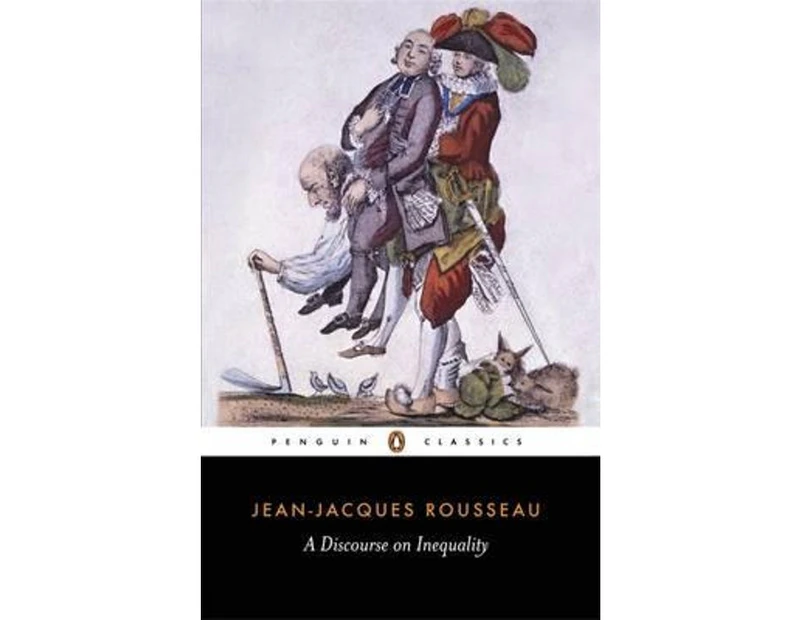A Discourse on Inequality

A Discourse on Inequality
ISBN: 9780140444391
Publication Date: 31 December 2000
'How can we know the source of inequality among men if we do not first have knowledge of men themselves?'
In A Discourse on Inequality Rousseau sets out to demonstrate how the growth of civilization corrupts man's natural happiness and freedom by creating artificial inequalities of wealth, power and social privilege. Contending that primitive man was equal to his fellows, Rousseau believed that as societies become more sophisticated, the strongest and most intelligent members of the community gain an unnatural advantage over their weaker brethren, and that constitutions set up to rectify these imbalances through peace and justice only perpetuate them. Rousseau's Discourse was a hugely influential denunciation of the social conditions of his time and one of the most revolutionary documents of the eighteenth-century.
About The Author Jean-Jacques Rousseau was born in Geneva in 1712. Abandoned by his father at the age of ten he tried his hand as an engraver's apprentice before he left the city in 1728. From then on he was to wander Europe seeking an elusive happiness. At Turin he became a Catholic convert; and as a footman, seminarist, music teacher or tutor visited many parts of Switzerland and France. In 1732 he settled for eight years at Chambery or Les Charmettes, the country house of Madame de Warens, remembered by Rousseau as an idyllic place in the Confessions. In 1741 he set out for Paris where he met Diderot who commissioned him to write the musical articles for the Encyclopedie. In the meantime he fathered five children by Therèse Levasseur, a servant girl, and abandoned them to a foundling home. The 1750s witnessed a breach with Voltaire and Diderot and his writing struck a new note of defiant independence. In his Discours sur les sciences et les arts and the Di...
